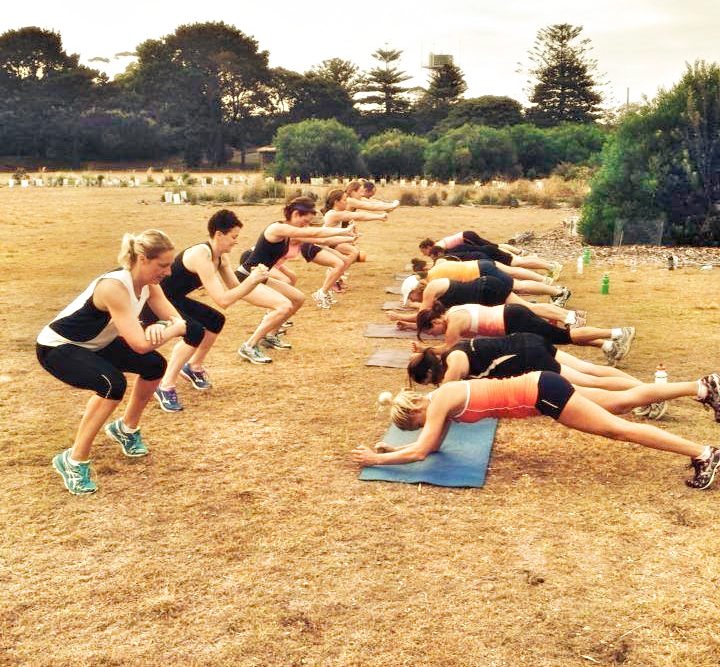
How much sleep did you get last night?
Probably not enough if you’re like a lot of people.
Probably because they don’t realise the huge benefits sleep has on our bodies from both a physical and mental perspective.
Our body needs sleep to repair and rebuild. It cannot do this while we’re moving around and using energy. If you are training, whether it be for strength, speed or endurance, all the hard effort you put in during sessions takes effect on the body while you are resting. We actually get stronger and fitter while we sleep, not while we are lifting weights in the gym or running on the trails.
Meanwhile our brains need sleep to assimilate all the information we download during the day. This is their chance to process the trillion bits of data in the form of smells, sights, sounds, tastes, that constantly bombard us while we are awake.
Things To Know:
During daylight your body releases cortisol to stimulate movement and activity. Levels are highest between 6am – 9am, remaining high during midday and then dipping dramatically in the afternoon.
Around 6pm these decreasing cortisol levels allow for the release of melatonin to prepare us for rest and repair.
Between the hours of 10pm and 2am the body goes through a cycle of repair, organ by organ. At 2am the psychological repair begins, lasting until we wake.
You may have heard the term “hours before midnight are gold”. Well it’s true. Sleep we get before midnight maximises our physical repair. Our hormone release roughly follows the cycle of the sun. Light = stimulation = cortisol release = get up and move.
So no matter what your level of activity is during the day, sleep is one of the most important things you can do to reduce the risk of injuries, lower stress levels, speed up metabolism, and lower the risk of disease and illness. Yep, sleep can make you slimmer, happier, and all together healthier!
Things to do:
- Get to sleep by 10:30pm – ensure you plan enough wind down time prior to bed
- Reduce exposure to light – dim lighting levels or use candles in rooms towards bedtime
- Sleep in the dark – ensure your bedroom is as cave-like as it can be
- Drink water – if you are not properly hydrated your body will let you know by releasing stress hormones and waking you up.
- Simulate sunrise in the winter – wake up and fall asleep to fading light. You can get ‘wake up lights’ such as the ones by www.lumie.com.
Things to watch:
- Screen time – tempting as it is to leave the TV on, tap away on your computer and check every notification on your smart phone, the blue light their screens emit affect your melatonin levels more than any other type of light. Try switching your phone onto flight mode at a set time of night…and not reaching for it first thing in the morning. Your busy brain will thank you for it too!
- Avoid stimulants – steer clear of nicotine, caffeine and sugar after lunch, and avoid sugary desserts and drinks with dinner. Think about what you watch on TV prior to bed. Highly stressful TV programmes, even the news, can raise cortisol levels.
- Exercise – avoid excessive exercise later in the evening. Rigorous training can release stress hormones and make it harder to sleep.
So there you have it. A few very good reasons to take a nana nap in the afternoon or head to bed for that early night once in a while.
Enjoy sleeping in the knowledge that your body is actively repairing, restoring and reviving!



